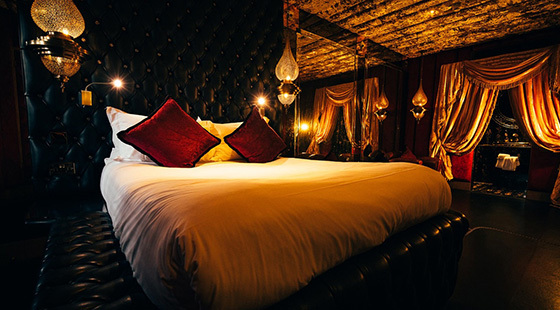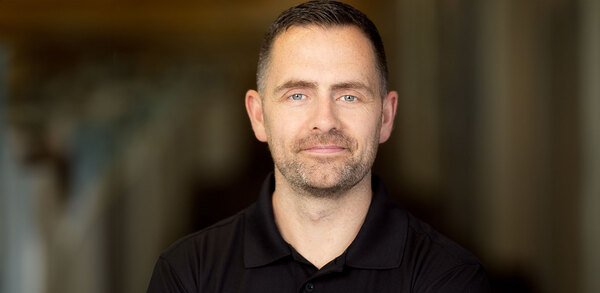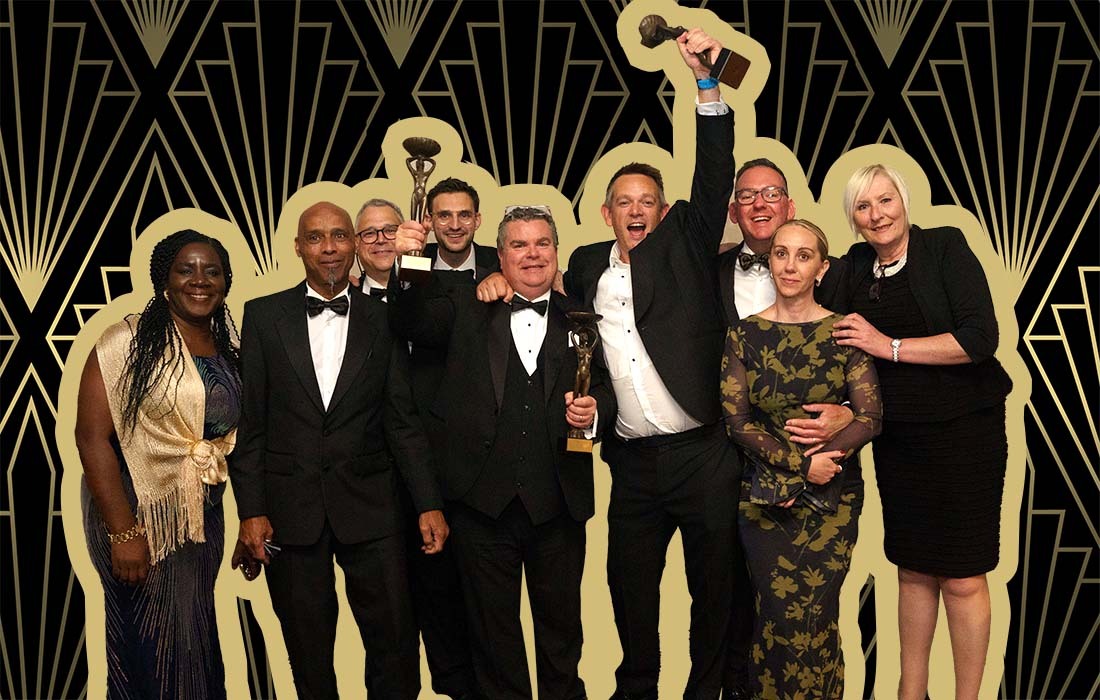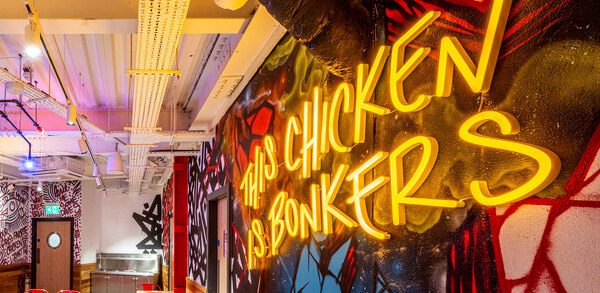Comment: The industry needs to value working mothers
No matter how hard women work, it always seems that we are having to play catch up with our fellow men. New research from the Chartered Management Institute (CMI) shows that female managers are now paid an average of £31,895 per year, compared with men who earn £42,441 for doing the same job.
Despite the good news that women's pay has been rising more than men's in 2011, the CMI said that because female pay is so far behind it could take 98 years to achieve parity between the two.
On top of that, females who want to make it to the top in the hospitality industry are faced with the daunting fact that although they make up nearly 60% of the industry's workforce, only 6% of positions at senior board and director level go to women.
Taking time out to have children and raise a family are obviously the key reasons why women struggle to make it to the top. Some simply decide it is too difficult to combine a career in an industry that is renowned for long, unsocial hours with the challenges of organising childcare.
Other women who are determined to reach the top take the huge decision to forgo having children at all, believing that working in hospitality at a high level is not compatible with family life.
Two of the industry's leading women - Debrah Dhugga and Alison Frith - have reached the top in different ways, one with a family and one without, as they both outline here. Neither way is right or wrong; the decision to be an ambitious working mother is a highly personal and individual one.
But for those women who do intend to go far in their careers and have children, the hospitality industry should do everything it practically can to support and encourage them to climb what is a very challenging mountain. A woman who can successfully juggle a high flying career with a family is a talented and valuable individual, with much to offer any business.
Janet Harmer, hotels editor, Caterer and Hotelkeeper
janet.harmer@rbi.co.uk



















